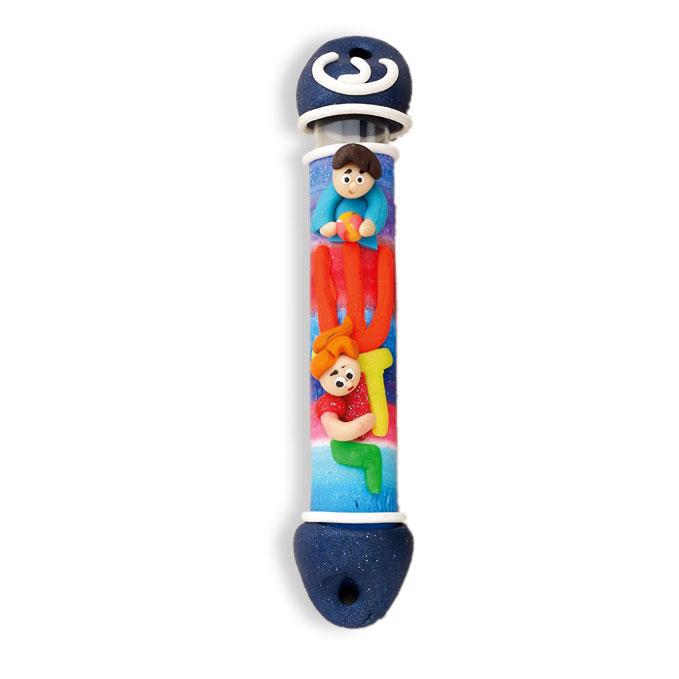When I was pregnant with my daughter, I would sit on the red el shaped couch in the living room watching shows on TLC. Little did I know that this kind of trashy network would help me solve a big problem in my life.
I lived in a 2 bedroom apartment in Chicago for 6 years until my boyfriend who became my fiance who became my husband moved in. The master bedroom was mine (ours) and the guest bedroom belonged to my books: five bookcases overfilling with books. I needed to get rid of those books before my daughter was born, but I couldn't.
I started collecting the books immediately after I moved into the condo after a failed engagement. I brought books from my parents house. I bought books at used book stores. I'd never pass a Barnes and Noble without buying several books.
When people would enter the second bedroom, they would say, "Wow, that's a lot of books." Whether that statement was uttered with admiration or trepidation didn't matter. I was proud of my collection and the idea of parting with it was painful.
Which brings me to TLC and being six months pregnant and not sleeping.
I would watch a double header of "My 600-pound life" and "Hoarders." My husband suggested that perhaps watching those shows was making it more difficult for me to fall asleep. I knew he was right, but I couldn't stop watching.
The episodes had the same pattern, kind of like Law and Order, but with real human beings. There was the shock of seeing the person or home, followed by the interviews with friends and family, inevitably there would be an enabler, then an intervention, followed by medical or psychological intervention, ending in a resolution of no more hoarding or weight loss. Inevitably, there would be a set back at some point, but hopefully the person was on the road to recovery.
I would listen as each therapist in each part of the country that would be contracted by TLC or the producers would say that the hoarded item or food represented an emotion or more accurately a repressed emotion. Therapy would involve addressing those emotions. Often the people on the show had suffered some horrible trauma. After the shows I would Google the subjects of the episodes to see if there was an update. TLC would have something on their web site for certain and sometimes local news outlets would cover the person being featured.
To be clear, I wasn't a hoarder nor was I 600 pounds. However, the shows made me realize that the books represented much more than their title pages. So what was their purpose.
- They filled a void during the several years between my broken engagement and meeting a new partner. They were there for me as relationships with the opposite sex proved unreliable.
- They were a sign of my baggage for future partners or friends. You may like me, but just so you know, I come with a lot of books.
- They covered up insecurities. "I may not seem that intellectual, but I am because see, I have lots of books."
- They would be there in case of some apocalyptic type scenario. If it was the end of the world, at least I would die with my books. If I needed to be hidden or hide someone, like Anne Frank and Miep Gies, there would be all of these books to read to keep my mind (or the mind of the person I was hiding) off of the impending doom.
- As a child, I was a voracious reader. I read at meals, college basketball games, in the car, and at the store. I used books to disassociate and they never let me down.
At 3 a.m. Central Time, with the baby kicking my ribs, I realized that I was ready to give up the books. I was married to a wonderful man who wouldn't let me down and accompany me until the end of days. And even if for some reason things didn't work out with him, or something happened to him, the books wouldn't be able to help me. I would need to help me.
Slowly, I began ridding myself of the books. I gave them to friends and acquaintances. Eventually, though, they needed to be boxed up. A charity picked them up. I sold the book shelves to a medical student. My husband helped him carry them to his car.
Today I live in a different apartment in a different country. I own very few books and mostly read on a Kindle. However, my kids' rooms are filled with them. They are like the mezuzahs* on the doorposts of their rooms. They can't hurt. And in this crazy world, I want them to have all of the extra protection they can get.
 |
| This is an example of a Mezuzah. It is supposed to be on every door post in your home, except the bathroom. |
This story is dedicated to my good friend Doda Jojo who has been my mezuzah for several years now.

